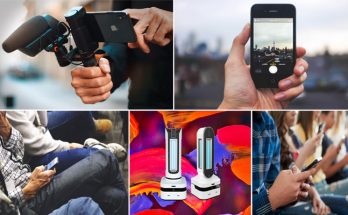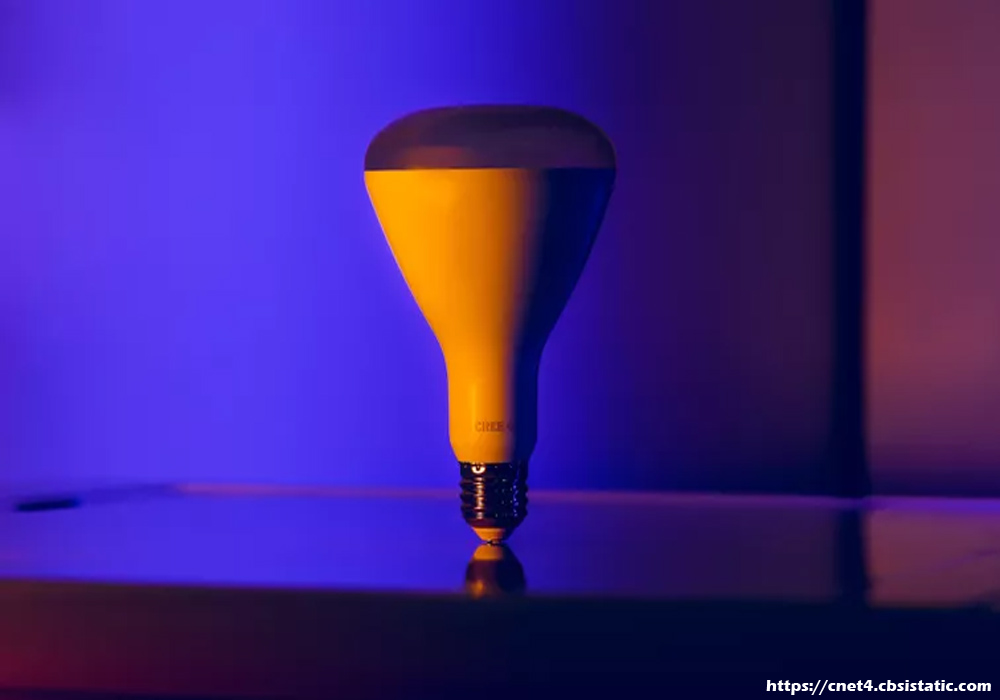Hospitals use RFID technology for Patient Tracking
Radio Frequency Identification (RFID) has used in the medical industry. The most common application is simply by providing patient wristbands containing RFID tags. The tags are widely-used together component of a hospital information system that can monitor among other things:
Patient Identification Patient admissions Patient transfers Patient discharges Drug Administering Specimen collection Notification when at-risk patients wander outside preset boundaries
Every day hundreds of thousands of hospitals in every element of the entire world have a problem with the duty of eliminating patient identification errors. Identification breakdowns can result in major problems such as improper surgery, incorrect blood transfusion, laboratory analysis, medication delivery, nursery mixups, and scores of others.
Medication mistakes, by way of example, rank particular medical errors and harm at least 1.5 million people annually leading to approximately 7,000 fatalities. The extra hospital-related costs of treating these injuries conservatively figure to $3.5 billion per year and don’t do not take on under consideration lost wages and productivity, additional healthcare costs, and increased insurance fees. In situations where lives are on the line zero defects should be the established standard.
New RFID Health Care Solutions Developed
According to the RFID Journal, the University of Florida’s Department of Electrical and Computer Engineering is suffering from an RFID tag-adhered with a pill capsule-that could transmit sensor data indicating the pill is at someone’s digestive tract. “The dilemma is especially clinical trials when a pharmaceutical company could be testing a unique drug, and the connection between such studies depend on trial participants taking tested medications in the exact time-and on the specific dosage-prescribed.”
The system, including a microchip, a digestible antenna, and software, principal purpose is with a team of researchers from Florida University, in addition to Florida biomedical research and engineering firm Convergent Engineering.
To date, the machine has become tested only on devices that mimic the skin, in addition to on cadavers. “The next step for researchers,” this article goes on to say, “is to achieve approval from your U.S. Food and Drug Administration (FDA) to start laboratory trials from the pill on animals and humans.”
RFID Applications for First Responders
The Seattle Fire Department is one of the many First Responder organizations testing the viability of RFID technology throughout a mass casualty incident (MCI). This type of incident may be anything from a higher rise fire to an incident involving weapons of mass destruction. All of these events involve a triage situation certainly where a great number of patients should be treated and transported to hospitals.
Many organizations are employing a system of triage tags and pen and paper/whiteboards to maintain an eye on patients. EMS personnel assign lots towards the patient, record medical information and runners deliver it to your transport officer. He, in turn, calls the hospital and relays the data for them. This was found to take on average greater than 30 seconds per patient, not including the delays linked to transporting the patients.
Using RFID technology and mobile computers let the medical information being transmitted towards the trauma center in real-time equally as it can be gathered by EMS personnel. With this new system, a tag is positioned on the patient and scanned. The vital medical info is entered with a touch screen. This has reduced triage time for you to 10 seconds-per-patient with patient data immediately visible to any or all necessary personnel, including the staff at the hospital.
The continuing development of RFID technology was fueled by the demand of large retailers like Wal Mart and Target and also governmental agencies to increase the efficiency and visibility of material and data flows inside the supply chain. This demand has made a huge industry inside design and development from the RFID chip. Now the Health Care Industry is pushing the RFID envelope to supply solutions to some of their most critical difficulty with patient care.




